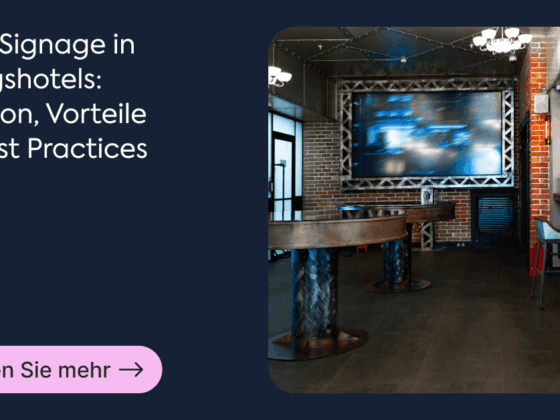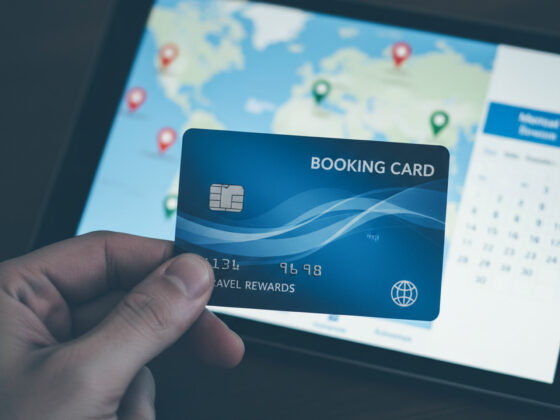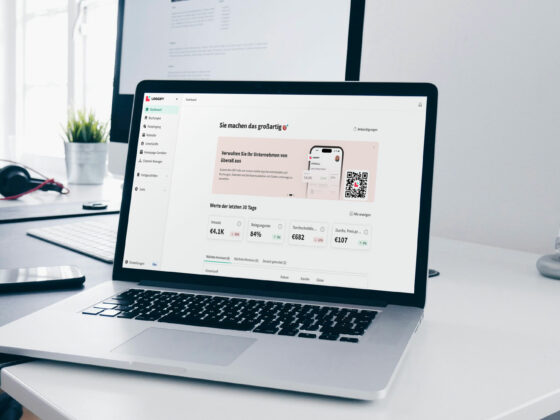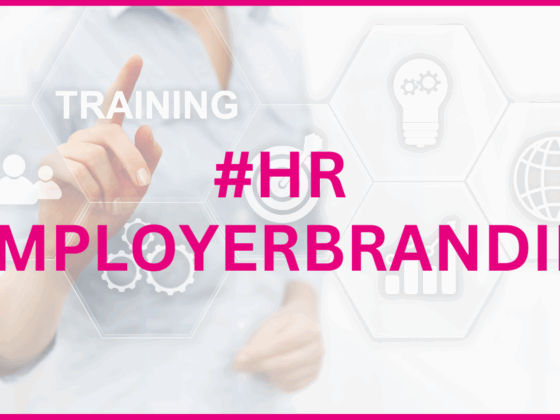In today’s digital world, Big Data = Big Business. And, for hotels, the lack of Big Data is the number one reason why they are losing so much business – and so much revenue as a consequence – to Online Travel Agents (OTAs). It is a sad fact that in terms of understanding and leveraging the value of Big Data, the vast majority of hotels are light years behind OTAs such as booking.com, TripAdvisor, Expedia and the rest.
The OTAs’ ability to entice guests to use their booking services over those owned and operated by the hotels is costing our industry dearly, both in terms of revenue and company valuation on the stock market. This is despite the fact that OTAs own nothing tangible and merely act as a transactional ‘middle man’ between the guest and the hotel. Yet, they are extremely valuable (and profitable) in the eyes of investors, due to the sheer volume and quality of the Big Data they hold.

Let me explain further. Hotels are perfectly capable of gathering the same quantity and quality of data as the OTAs. Indeed, they are often able to collect a far greater breadth of data about their guests, because they have the advantage of personal interactions with them, both in relation to their stay and to the other facilities they offer onsite, such as the spa, golf club and limousine service.
Unless these services are also booked via the OTAs – which they will try their hardest to engineer! – the hotel will have access to what is essentially both exclusive and highly personalized data about their guests. They have the additional advantage of being able to receive on-the-spot feedback. These benefits are worth their weight in gold, but only if the hotels can first recognize their value and then take the right steps towards realizing it.
Right now, this is simply not happening for most hotels, something which needs to change if they are to compete successfully against OTAs in the future. To illustrate how and where hotels are going wrong, and how they can put it right, let us consider the first and most important step in the process of creating value from Big Data: gathering clean data.
To clarify, gathering guest data per se is not the issue. Hotels are positively inundated with it, with each system within the tech stack (not to mention non-digital sources) receiving a flood of data every minute of every day. The problem lies in how the data is managed by traditional hotel IT solutions, which lack integration and communication as can be seen below.
The result? Multiple profiles for each guest, often containing outdated or inaccurate information, and no way of consolidating the data to create a single, clean guest profile (the coveted Golden Record). With such a spaghetti-like system in place, it is hardly surprising that hotel companies find it so difficult to make the best use of the plethora of guest data at their disposal – missing out on a multitude of tricks as a result.
The answer lies in refocusing the hotel tech stack away from the traditional, process-driven PMS and towards a new solution built on Central Data Management (CDM). Systems such as the dailypoint 360 use CDM to enable hotels to centralize and cleanse their guest data, so it can be turned into valuable insights which are then used to offer personalized guest experiences and individualized marketing communications.
The use of artificial intelligence (AI) and machine learning is an indispensable part of the process, as this facilitates the behavioral and predictive analytics needed to unlock the full power of Big Data and, ultimately, drive maximum revenue and business growth. But this is another area where many hotels get it wrong, as they mistake AI and machine learning as the ‘end game,’ instead of a key part of the wider process.
In short, if hotels do not begin their adoption of Big Data with the all-important first step of creating a clean Golden Record via CDM, they are doomed to fail. There must be a single, central profile that contains all the information held about the guest in one place. This must then be shared in real-time with every IT system within the tech stack, from the IBE to the CRM, to enable a consistent and highly personalized customer journey at every touchpoint.
Poor quality data, and the wrong approach to Big Data, are endemic among today’s hotels. In h2c’s 2021 study around automated personalization and global insights into AI and machine learning, 71% of the 86 global hotel chains surveyed had difficulties in achieving clean data. Another 49% had problems with data aggregation and 32% lacked data quality. For a massive 80% of hotels, technical issues including system integrations were among their main challenges1.
This is highly frustrating when you consider that, as we have seen, hotels actually have all the data they need – and therefore the weapons they need to beat the OTA s at their own game – at their very fingertips. The secret to success is simple: CDM and the Golden Record!
From data privacy compliance to 1:2:1 marketing communications, and amazing guest experiences to robust business development, the benefits of Big Data are there for the taking. It is down to hotels to take the right decisions and implement the right changes from the top down, to make it all happen and ensure their future success.
***
Like to know more about Big Data and the hotel industry?
Our latest White Paper, ‘Big Data: the key to boosting your hotel group’s value’ takes a deeper dive into the importance of harnessing the power of Big Data and the advantages it offers to hotels, guests and staff alike. You can download it for free here.
Source:

About the author
Dr. Michael Toedt is one of the most renowned experts in the field of Big Data and CRM. He received his doctoral degree on the subject of CRM, respectively “The influence of communication on sales performance in the luxury hotel industry” from the University of Latvia. He lectures at the University of Applied Sciences in Munich about CRM & Hotel Technology for Bachelor- and Masterclasses as well as at Hotellerie Suisse in the NDS Management Program. Michael Toedt writes articles for international magazines and online platforms on a regular basis. Among others, he wrote the official CRM guide of the Austrian Hotel Association and the book “Big Data”, which has become a standard work for the topic of Data Management. He was elected by the HSMAI as one of the “Top 20 Extraordinary minds in Sales & Marketing” in 2016.
All his publications can be found here.









